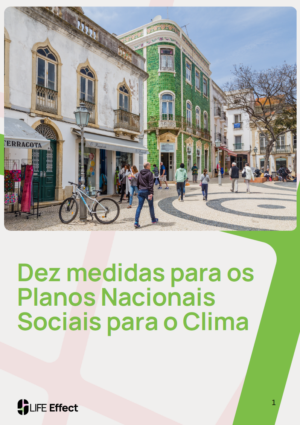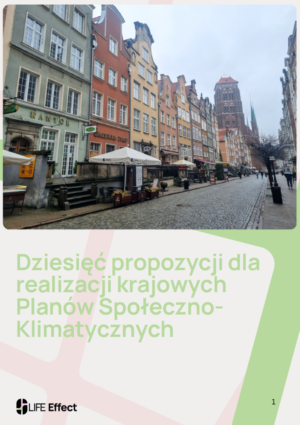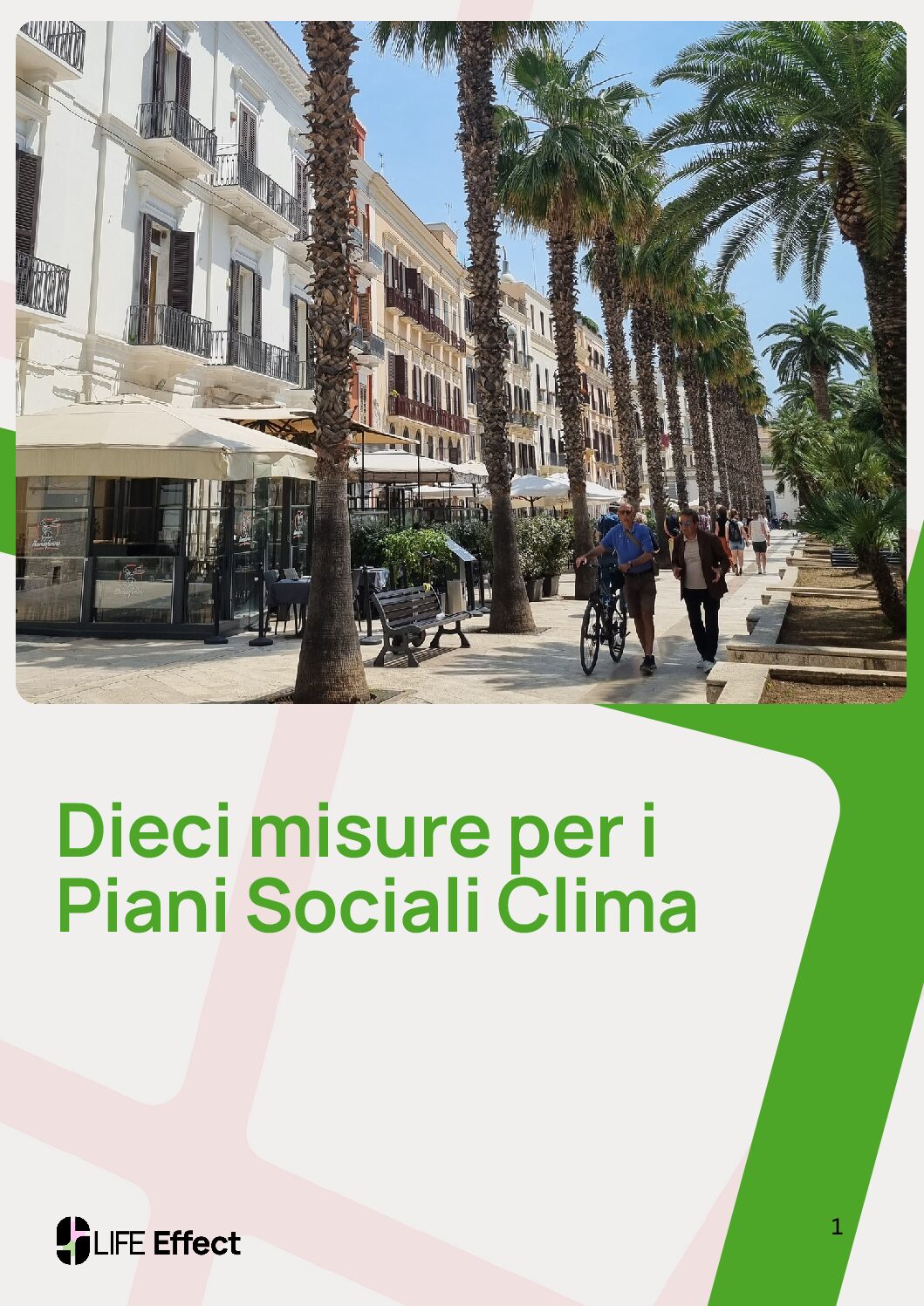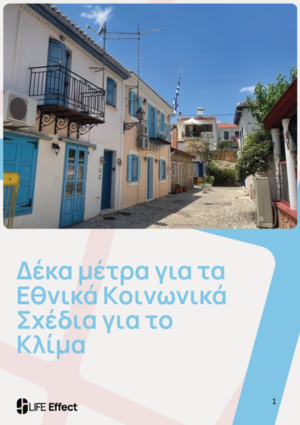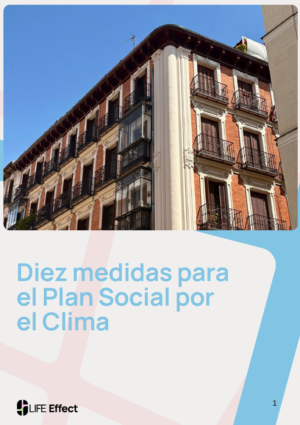
Understanding Strategic Projects Under the CRMA: A Guide to Rights and Processes
As mining activities intensify globally, it is essential for affected communities to be well-prepared. These guidelines aim to shed light on the latest legislation from the European Union seeking to secure access to raw materials, known as the Critical Raw Materials Act (CRMA). Though the CRMA applies to the entire metal supply chain for Europe, these guidelines pay particular attention to the discussion of mining activities within the legislation.
All too often, the communities impacted by mining projects are forced to scramble—educating themselves, seeking legal advice, and understanding the potential effects mining can have on their land— while mining companies employ experts to navigate legal and technical complexities. The burden placed on local communities, who often lack the time, financial resources, or technical expertise necessary, is immense.
These guidelines are intended to bridge this gap by providing accessible information to activists, researchers, community organisers, and grassroots movements, saving you the time and effort it would take to gather this knowledge on your own. Whether you aim to impose conditions on a mining project, improve its performance, or oppose it altogether, we hope these resources can prepare you for taking meaningful action.
These guidelines are one part of a broader effort, alongside the initiatives and resources of other organisations. For more general information, we recommend you read “The Basic Principles for Protecting Your Community from Extractive Industries” from the Gaia Foundation. If you would like to learn about the meaning of the “Right to Say No”, refer to our Legal Toolbox. If you plan to interact with European institutions and processes, consult the “How to Guide” from Yes to Life, No to Mining.
Lastly, as explained in the Guidelines, there is also an important demand reduction and sufficiency dimension to these issues, where it is critical that the need for these minerals is properly scrutinised and tested – and that all opportunities are taken to avoid the need for critical minerals in the first place.
Addressing the issues related to human rights and ecological harm also requires a strong focus on the root causes of resource extraction, thus prioritising demand reduction and sufficiency. It is crucial to rigorously scrutinize and evaluate the necessity of these minerals, ensuring that all possible measures are taken to eliminate or minimize the need for minerals wherever feasible.
Lastly, we believe that the European Union and Member States have the responsibility to prioritise the interests of people and the environment over corporate interests. The permitting process of mining projects must properly identify, take into account, and balance multiple interests, including the protection of the environment, human rights, Indigenous Peoples’ rights, and people’s legal rights more generally.
We hope these guidelines assist you in understanding the procedures under the CRMA, and how you can influence them while ensuring your rights are respected.


